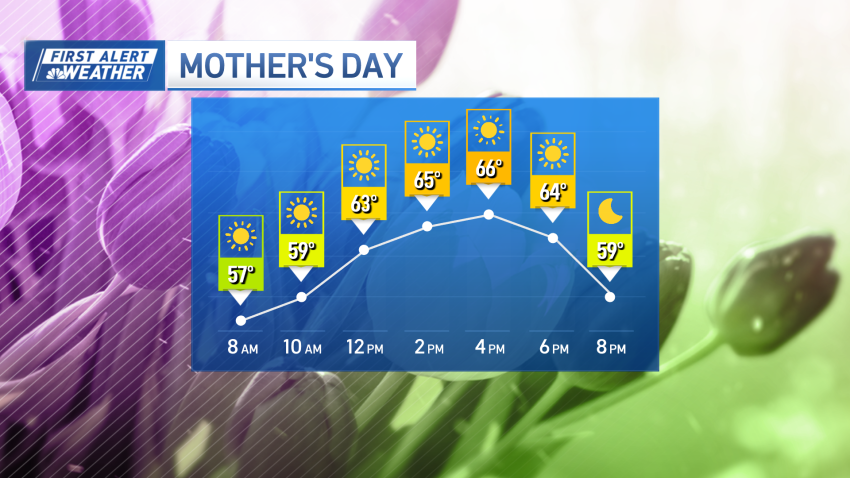
Rain leaves, sun returns just in time for Mother's Day
After a rainy stretch, Mother’s Day is bringing back the sunshine.

After a rainy stretch, Mother’s Day is bringing back the sunshine.

Payton Pritchard and the Celtics’ supporting cast were the difference in Boston’s lopsided Game 3 win over the Knicks.

The Celtics bounced back with a blowout road victory over the Knicks in Game 3, 115-93.

The wind dies down a bit today as we continue to see heavy rainfall. The low pressure center crosses over to the Gulf of Maine by afternoon and takes with it the heavy rain. The rain then breaks apart for a time between 2-4 p.m. from west to east. Some showers wrapping in behind the low in the evening....

Boston Celtics and New York Knicks square off in Game 3 Saturday at Madison Square Garden, with the Celtics – down 2-0 in the series – saying it’s a must win game.

Today’s rain will take its time crawling out of southern New England. The clouds may break for the late afternoon or evening, allowing us to reach near 60 for high temperatures.

Grammy winning musician Ed Sheeran opened a pop-up pub in Ipswich, Massachusetts, to record the music video “Old Phone”
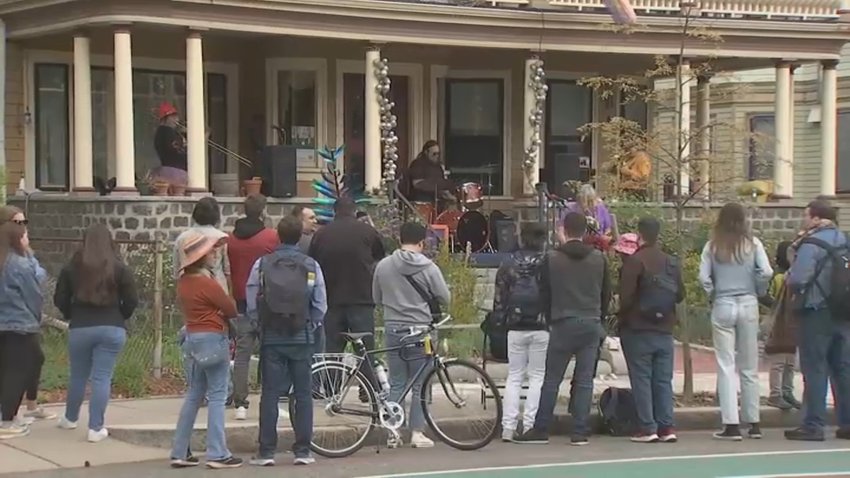
Hundreds of bands and musical artist will perform for free on porches in Somerville, Massachusetts
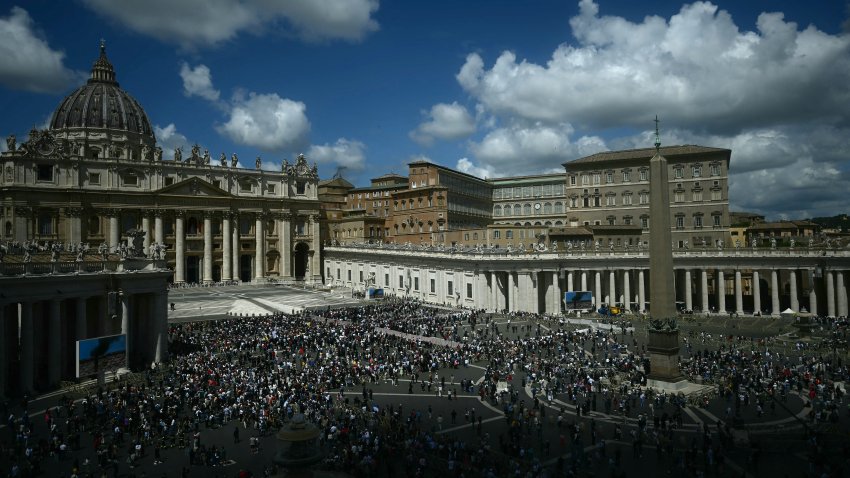
Two Assumption University students were in St. Peter’s Square to witness history on Thursday.
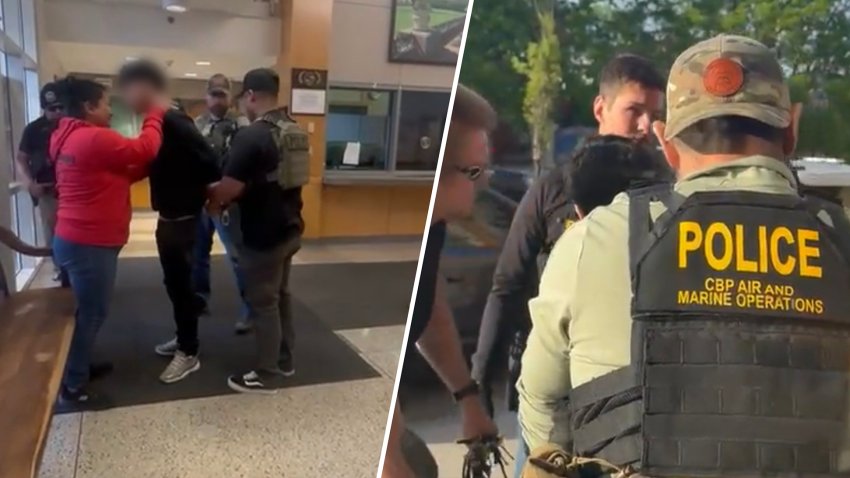
Three teenagers were arrested by federal immigration agents after being taken into custody by police in Chelsea, Massachusetts, on Thursday, family members tell Telemundo Nueva Inglaterra, claiming local police were cooperating with ICE.
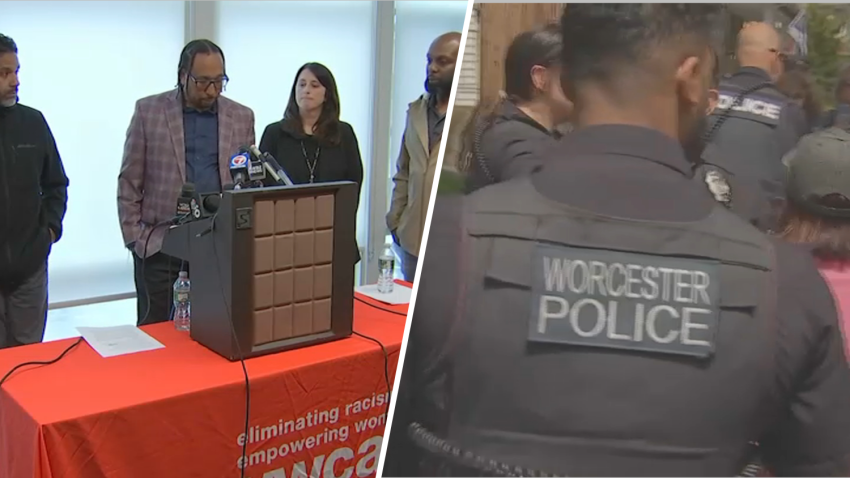
Questions are being raised after police in Worcester, Massachusetts, arrested a 16-year-old girl while her mother was being detained by federal immigration authorities
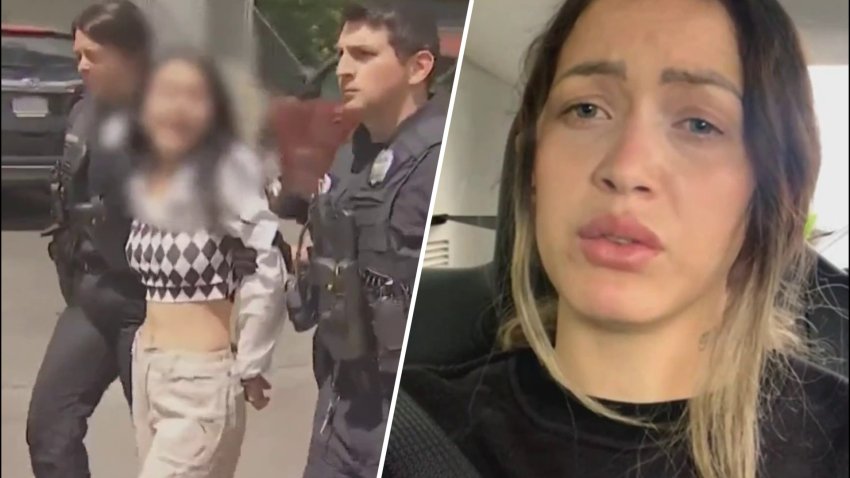
Augusta Clara, 21, says she’s traumatized after Worcester police arrested her 16-year-old sister and ICE detained her mother